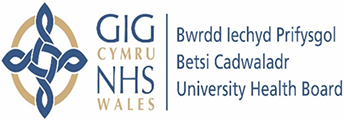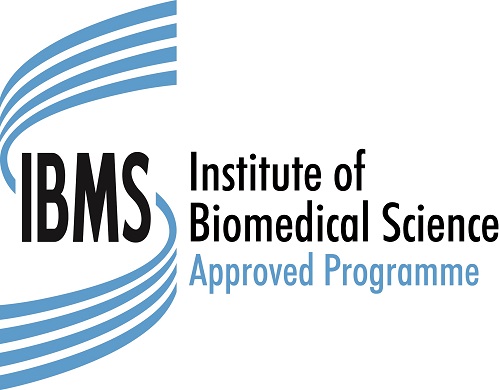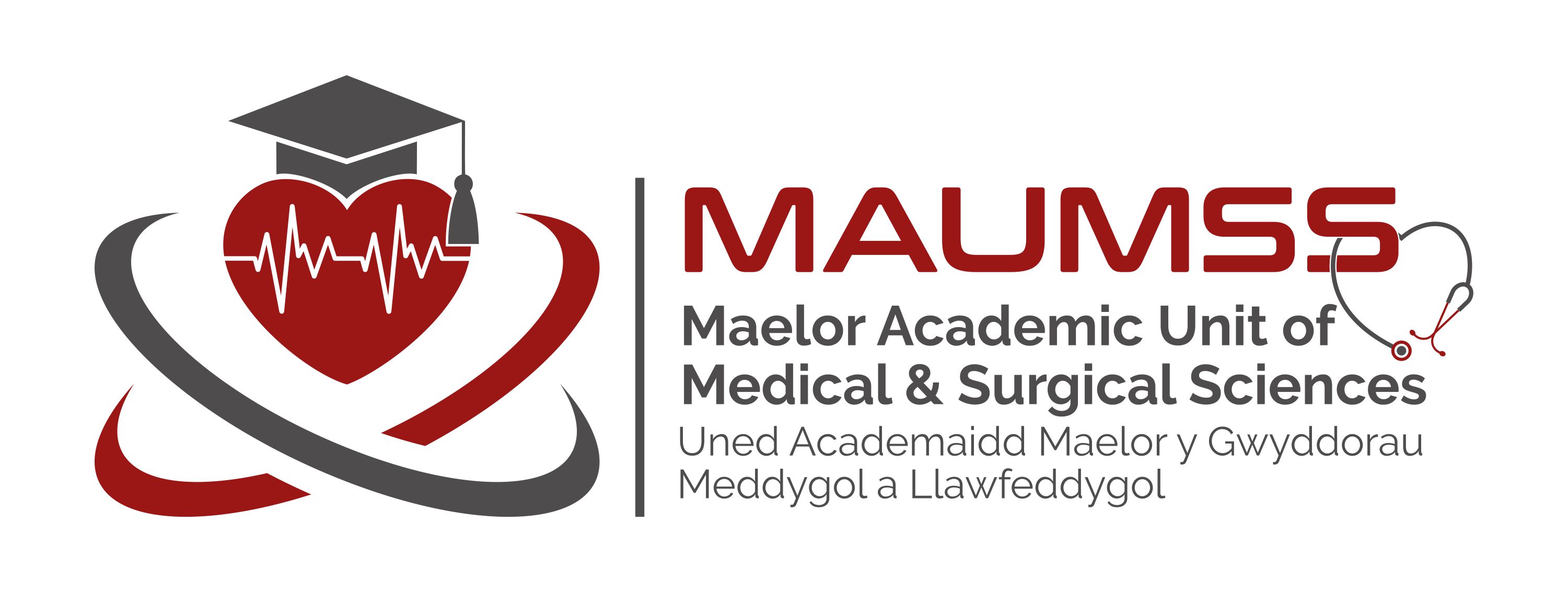MRes Applied Biomedical Sciences Research

Course details
Year of entry
2024
Duration
1 YR (FT) 2 YRS (PT)
Institution Code
G53
Location
Wrexham
Course Highlights
Access
to state-of-the-art equipment at the Maelor Academic Unit of Medical & Surgical Sciences (MAUMSS)
Blended
learning with face-to-face teaching supported by online learning.
Develop
the skills & knowledge needed to pursue a research-based career in academic biomedicine.
Why choose? this course?
The MRes Applied Biomedical Sciences Research programme has been designed to serve biomedical, medical, and life sciences graduates wanting to embark on a Masters of Research degree focusing on human health and disease.
- Completion of the programme will lead to a professionally recognised qualification, being externally approved by the Institute of Biomedical Science (IBMS).
- Graduates will be equipped with the skills and subject-specific knowledge needed to pursue a research-based career in academic biomedicine.
- The programme focuses on laboratory-based clinical research and provides ideal training for students who want to work in the industry, or subsequently wish to move onto a PhD programme, or who simply wish to undertake a significant research project at the Masters level.



Key course features
-
Biomedical Science is taught by enthusiastic academic and clinical professional staff in modern, spacious laboratories housed at the Maelor Academic Unit of Medical & Surgical Sciences (MAUMSS) based in Wrexham, and at Wrexham University.
- Taught modules to develop understanding of the principles and application of research relevant to your discipline followed by a research project.
- Teaching involves a range of methods including lectures, seminars, laboratory practicals, group discussions and presentations.
- Experimental work is an integral part of the programme. The academic and clinical staff are research active, and continually strive to promote research within areas of biomedical and clinical sciences, where they regularly publish their research findings and discuss their work at national and international conferences.
- Blended learning is a feature of this course, enabling students to travel for the taught element of the course without having to commit to living in Wrexham or the locality full time. Each module takes the form of a learning package consisting of a three-day block of face-to-face teaching supported by online learning. This approach is favoured by employers wishing to release their employees to study whilst still meeting service needs.
What you will study
The programme provides an opportunity for in-depth study in all of the major disciplines covering biomedical science, as well as current regulatory frameworks, information communication technology and research methods. Topics of focus will include clinical chemistry, cellular and histopathology, haematology and transfusion as well as microbiology and immunology.
MODULES
- Research methods (20 credits)
- Analytical & molecular techniques in Biomedical Science (20 credits)
- Clinical medicine: pathology of disease (20 credits)
- Research Project (120 credits)
The focus of most of the modules will be on understanding the biology of disease, concepts underlying disease pathogenesis, and the use of current biomedical science applications in the screening, diagnosis and management of disease conditions.
The information listed in this section is an overview of the academic content of the programme that will take the form of either core or option modules. Modules are designated as core or option in accordance with professional body requirements and internal academic framework review, so may be subject to change.
Entry requirements & applying
To be considered for the programme, a candidate must hold one, or several of the following qualifications:
- An initial honours degree of Wrexham University or another approved degree awarding body.
- A minimum of 2:2 honours degree, which has a significant content of biological science (e.g. Biomedical Science, Human Biology, Biochemistry, Biological Sciences, etc.)
- Have relevant work experience at a senior level that is deemed to compensate the lack of formal qualifications, and have held a position of management responsibility within the biomedical, clinical or healthcare sectors for a minimum of three years within the previous five years. In a case where there is a lack of clarity or need to gain deeper insight into a candidate’s suitability for the programme of study, an informal interview with the candidate may be held.
- In addition to the above, candidates must also have practical laboratory experience that would have already been gained from undertaking their undergraduate programme of study, inclusive of relevant QAA benchmark standards such as Biomedical Science and Biological Sciences.
Prospective students may also apply for the Recognition of Prior Learning (RPL) against specific modules, in accordance with Wrexham University regulations.
Students undertaking a research project (dissertation) that entails working in an area other than their usual place of work must obtain a relevant DBS.
Students undertaking a research project (dissertation) who may be working with patients, vulnerable people and children must obtain an enhanced disclosure.
Teaching & Assessment
Students are assessed through a series of coursework projects throughout the course. This includes laboratory reports, clinical reviews, poster or oral presentations, case studies, essays or data manipulation exercises.
Teaching and learning
Wrexham University is committed to supporting our students to maximise their academic potential.
We offer workshops and support sessions in areas such as academic writing, effective note-making and preparing for assignments. Students can book appointments with academic skills tutors dedicated to helping deal with the practicalities of university work. Our Student Support section has more information on the help available.
In terms of particular needs, the University’s Inclusion Services can provide appropriate guidance and support should any students require reasonable adjustments to be made because of a recognised prevailing disability, medical condition, or specific learning difference.
Career prospects
Our Careers & Employability service is there to help you make decisions and plan the next steps towards a bright future. From finding work or further study to working out your interests, skills and aspirations, they can provide you with the expert information, advice and guidance you need.
The valuable knowledge gained on this programme will make you attractive both to employers in the health, pharmaceutical and related industries, and to major academic research centres. The practical skills you will aquire in design, performing and analysing experiments are highly transferable to a wide range of scientific areas.
Students on this programme will be well-placed for careers in biomedical and clinical research, teaching, or to pursue further studies towards a PhD, or graduate entry medical degree.
Fees & funding
You do not have to pay your tuition fees upfront.
The fees you pay and the support available will depend on a number of different factors. Full information can be found on our fees & finance pages. You will also find information about what your fees include in the fee FAQs.
All fees are subject to any changes in government policy, view our postgraduate fees.
Programme specification
You can see the full programme specification here.
Subject to re-validation and re-accreditation
The University reviews its courses on a regular basis to ensure that they reflect the needs of students and employers. Periodic review of the existing programmes is required every five years and major changes may be made to the programmes during the re-validation process. Courses shown as “subject to re-validation and re-accreditation” are existing courses which are in the process of re-validation and renewing recognition/accreditation with the Professional, Statutory and Regulatory Bodies (PSRBs). As soon as the programmes are re-validated and re-accredited, the details of the course will be confirmed. The majority of new courses that are still ‘subject to re-validation and re-accreditation’ are approved as expected however, this is not guaranteed and should the course not go ahead as planned, or be significantly amended, you will be informed by the University and assistance will be provided to those who have been offered a place to find a suitable alternative course either at Wrexham University or at another provider.
International
If you are applying as an European / International Student, and live outside of the UK, you should make your application through our online application system, Centurus.
For information about the university’s entry requirements for EU/international students, please visit our international section.
.jpg)

